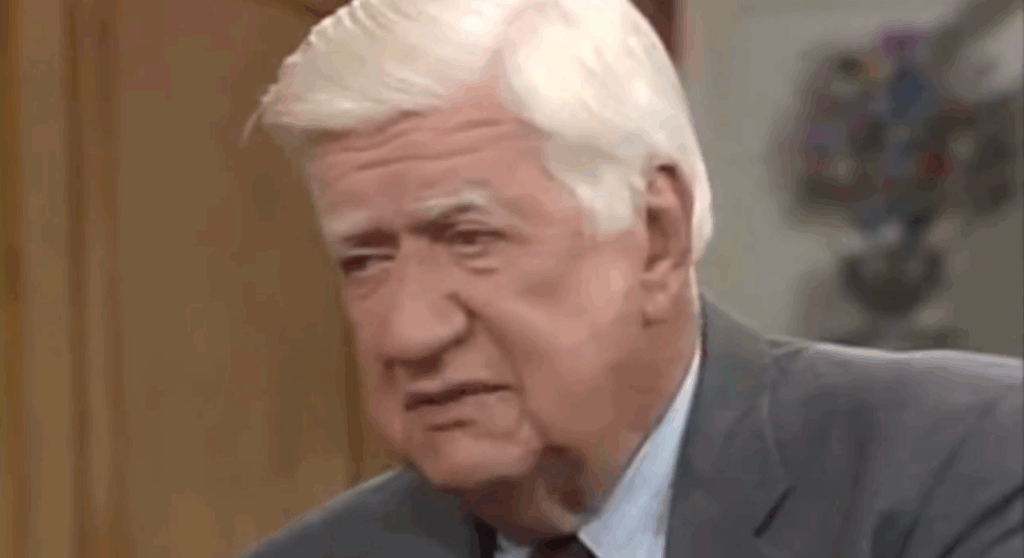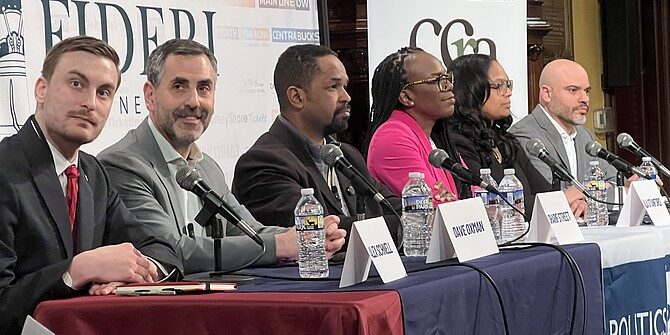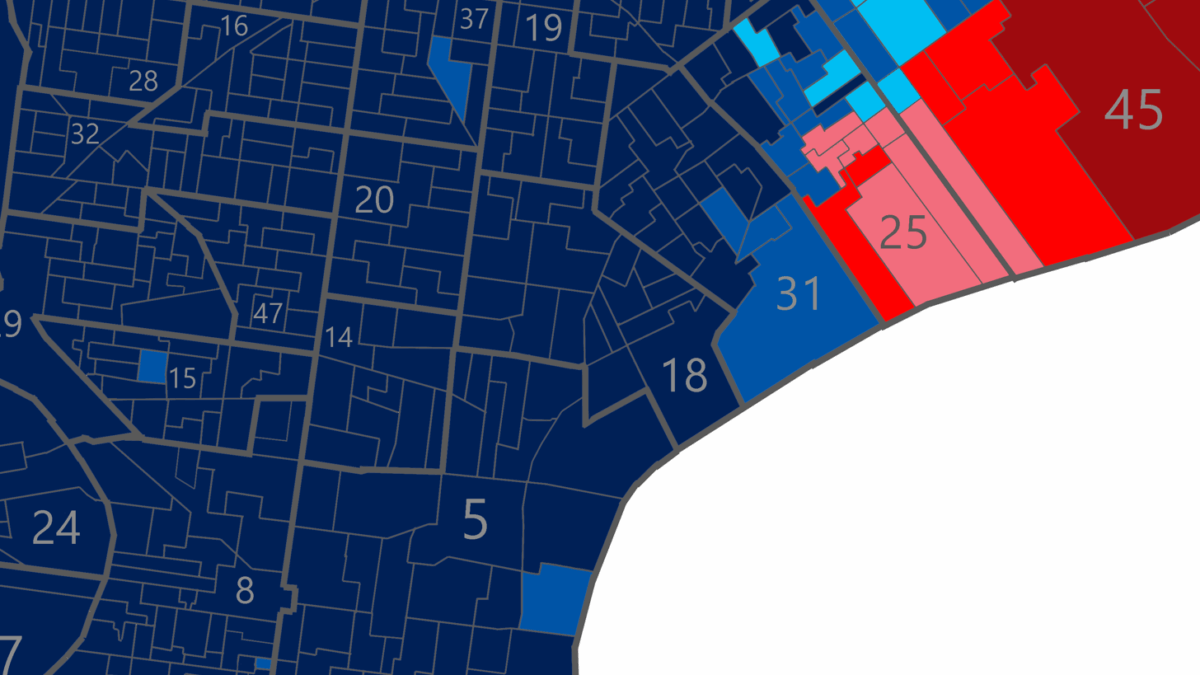William Hillman: With apologies to Tip O’Neill, in Pennsylvania’s 2025 election, all politics was national
Tip O’Neill famously said, “all politics is local.” Not this year. Not in Pennsylvania. In 2025, nearly every contest — from judge to township supervisor to school board member — became a stand-in for national politics. And Republicans paid the price.
Voters weren’t evaluating township budgets, school curricula, or the qualifications of local candidates. They were reacting to Washington. Social media, nonstop cable coverage, and the fight over President Donald Trump’s agenda drowned out decades of local service from Republican candidates who, in any other year, would have coasted.
Nowhere was this clearer than in Dauphin County. Republican Fran Chardo — the county’s well-known district attorney with more than 30 years of courtroom experience — ran a disciplined, aggressive campaign for a seat on the Court of Common Pleas. In a normal year, he would have been the overwhelming favorite. Judicial races usually reward experience. Chardo had it in spades.
His opponent, La Tasha Williams, had only a few years of legal practice and ran a minimal campaign. Yet she won. Not because she was more qualified. She wasn’t. Voters simply weren’t judging the race on its local merits. They weren’t voting against Chardo; they were voting against Republicans. In a county that long leaned red in judicial races, national politics overrode the usual evaluation of candidates.
Bucks County told the same story. Republicans hold a registration edge there. Yet Democrats swept the row offices and flipped the district attorney’s seat for the first time in more than a century. Democrat Joe Khan defeated incumbent Republican Jennifer Schorn despite her credentials and the county’s GOP lean. Turnout approached off-year record levels — powered by Democratic energy and organization, not local issues.
And it didn’t stop at the courthouse. Republican candidates in many traditional red districts for school boards and township supervisors — many with deep community ties and proven records — lost, not because of their positions or performance, but simply because they were Republicans. Voters treated these races as a referendum on party, not competence. Chardo’s loss and these local contests show the same pattern: National politics trumped traditional voter evaluation.
Part of the problem is Republican turnout in off-year elections. Many conservatives or Trump voters, satisfied with the job Trump is doing, stayed home. Meanwhile, Democrats — who can no longer vote against Trump nationally — mobilized to vote against local Republicans. The result: Strong candidates in safe or Republican-leaning areas lose to minimal Democratic campaigns.
This pattern carries a lesson. The old rules no longer apply. Local experience and competence are not enough when national sentiment dominates. Republican candidates must anticipate that voters’ emotions about Washington can overwhelm years of proven service.
So what must Republicans do?
First, recognize the new reality. Name recognition and solid résumés no longer shield candidates when the electorate is reacting to national headlines.
Second, keep voters engaged year-round. Post-election complacency is costly. When Republican voters sit out off-year contests, Democrats motivated by national sentiment fill the gap.
Third, reclaim the local message. Emphasize that county offices, school boards, and township boards shape daily life — from public safety to property taxes to zoning. Make clear that judges, supervisors, and school directors matter not as proxies for Washington politics but because they affect neighbors’ lives every day.
House Speaker O’Neill may have been right for his era. But 2025 proved something different: national politics can bulldoze local judgment. Republicans in Pennsylvania cannot rely on name recognition or local credentials alone. If they hope to win in 2026, they must combine strong local messaging with sustained voter engagement and a clear contrast to national Democratic energy.
Pennsylvania’s 2025 municipal elections are a warning: When national politics dominates, even the most qualified candidates can lose simply for their party label. Republicans must learn from this — before the 2026 cycle repeats the lesson.
William Hillman has worked as a political consultant throughout the country for 30 years.





Good points all. The unfortunate thing is the public lost some really, really good long time public servants, they knew local government or county row offices – these offices have little to do with party label. Fasten your seat belts, it’s going to be a bumpy learning curve in many courthouses and municipalities!
Respectfully, did you know that late in October 2025 the Haverford Township’s GOP website had a primary countdown clock – for the primaries that happened back in May – and the clock was on zero? Less than 3 weeks before the general election! They had zero candidates listed, and they had zero chance of winning. They were called out on it at a GOP meeting and they put up a half-hearted update with most – not all – of their candidates. Because the Democrat sponsored School Board candidates won the Republican primary, the general election had no options for school board other than the four Democrat candidates. Less than 5 days before the general election there was a last minute push for write-in candidates to pretend to challenge them. GOP leadership turned away volunteers. That is why they lost. They didn’t try to get any mail-in ballots from Republicans nor even knock on Democrats’ doors.
In many local areas the Republican Party actually does not exist in SE PA, at best it is just an extension of the local Democrat Party. Take 30 seconds and compare their current websites in various townships. The Republican Party is dead.